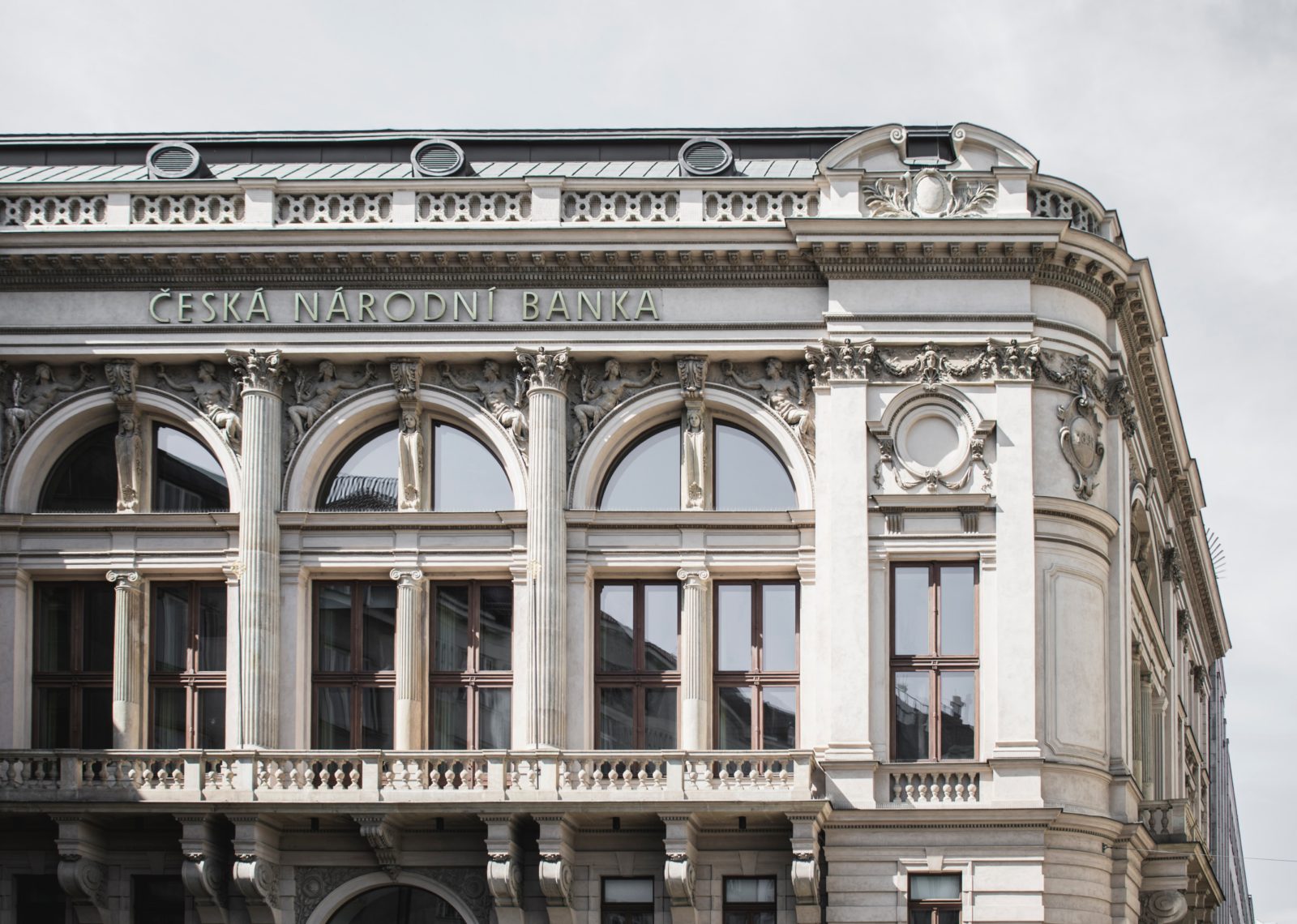In the first half of next year, the Czech National Bank (CNB) expects low inflation of around two percent, according to its governor, Aleš Michl, in a discussion on Partie Terezie Tománkové on CNN Prima News. He dismissed the possibility of early interest rate cuts by the central bank in the coming months.
“We have brought down inflation to 8.5 percent through strict monetary policy. It will now fluctuate between seven and nine percent by the end of the year. I believe maintaining a strict monetary policy will yield results, and inflation will be around two percent in the first half of next year,” said Michl.
However, he emphasized that inflation is still extremely high. “Let’s forget about early rate cuts; we should not expect any rate reductions in September, October, or similar,” he added.
He recalled that interest rates have been meager, even zero, in previous years. In 2016 and 2017, a large amount of money was printed, which he considers one of the most significant macroeconomic mistakes in the central bank’s history.
Michl believes the current situation results from those actions, resulting in expensive mortgages and loans and a frozen credit market. He does not anticipate that money will ever be as cheap as it was then.
“On the contrary, the policy of our central bank is that we can expect higher interest rates over the next five years rather than what we have been accustomed to in the last ten years. We want to be a group of hawks and ensure that core inflation is no longer the highest in the EU,” he said.
Core inflation, influenced by food and energy prices, is still expected to be above three percent, which currently does not allow for a rate cut. Core inflation is adjusted for seasonal influences, changes in regulated prices, tax adjustments, and other administrative measures.
Year-on-year inflation slowed to 8.5 percent in August from 8.8 percent in July. According to analysts, the current data will be an argument for the CNB to keep the key interest rate at seven percent at its September meeting. Year-on-year inflation is slowing due to the high base effect from last year, but analysts believe this effect is already diminishing.





